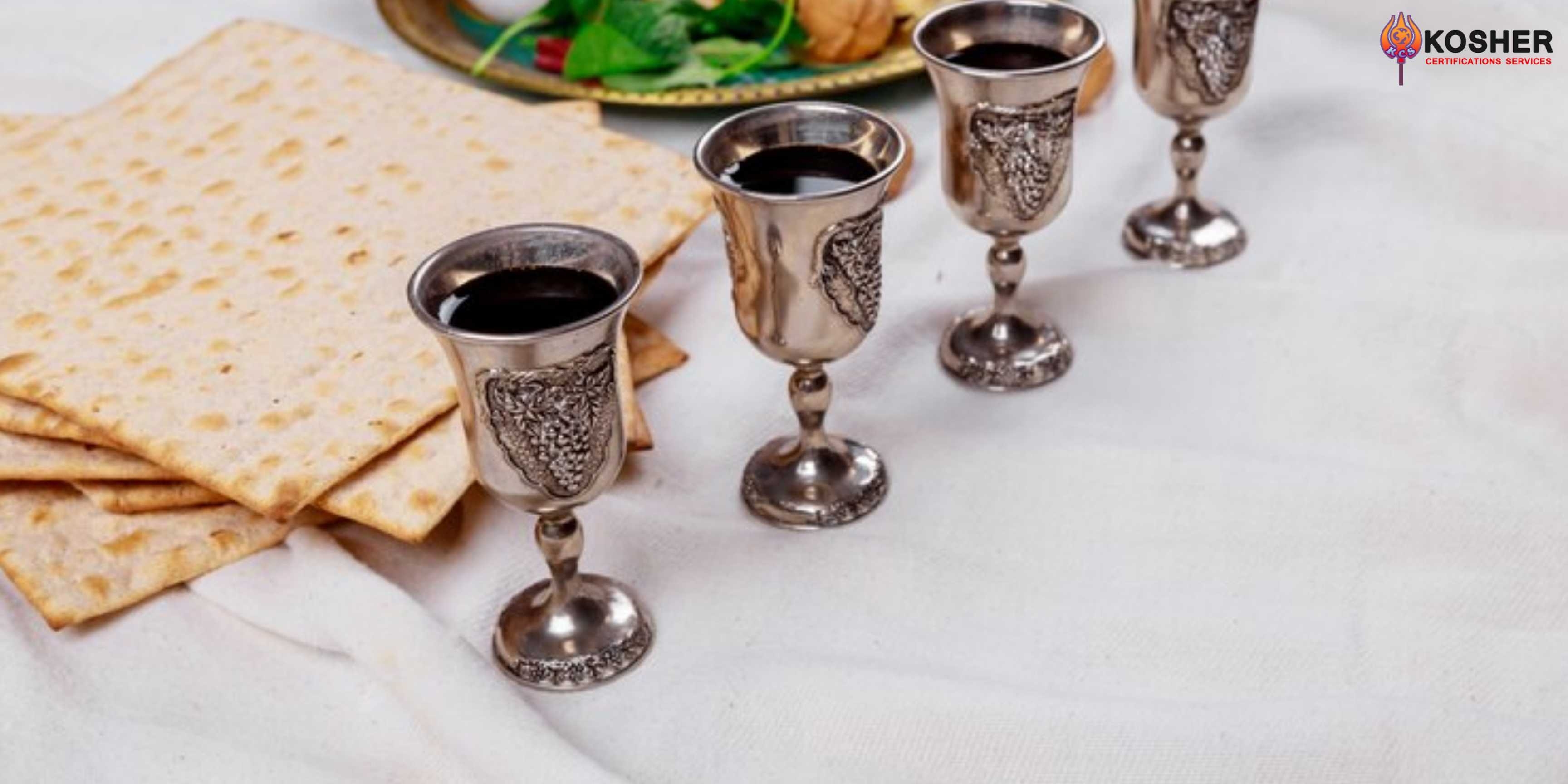Understanding the Kosher Certificate

A Kosher Certificate is a formal document that confirms a product, ingredient, or manufacturing process complies with Jewish dietary laws. These laws, known as kashrut, define what foods are acceptable and how they must be prepared and handled. To earn a kosher certificate, a company must undergo a detailed inspection by a recognized kosher certification agency. This includes reviewing the sources of ingredients, processing methods, and cleanliness of the facility. Once approved, the product can display a kosher symbol on its packaging, assuring consumers it meets all required standards.
Why Kosher Products Appeal to a Wider Market
Though kosher laws are religious in origin, kosher-certified products attract a much broader audience today. Many consumers choose kosher products not for religious reasons, but because they trust the standards involved. People with food allergies, vegetarians, vegans, and those who prioritize clean eating often look for kosher labels to help guide their choices. The label gives assurance that the product was made under strict supervision, with clear labeling of meat, dairy, or neutral (pareve) content. This has made kosher certification an attractive feature in many global markets.
How Companies Get Certified
Getting a Kosher Certificate involves several key steps. First, the business submits information about its products and production methods to a kosher certification agency. Then, a trained inspector (usually a rabbi) visits the facility to check for compliance with kosher guidelines. This includes examining ingredients, verifying supplier sources, and ensuring no cross-contamination between meat and dairy products. If the facility meets all requirements, the company is granted certification and allowed to use the kosher symbol. Regular audits and inspections are required to maintain certification over time.
Business Benefits of Kosher Certification
A Kosher Certificate offers strong business advantages. It helps companies stand out in a competitive market by showing a commitment to quality, hygiene, and transparency. It also enables access to export markets, international retailers, and institutions that require or prefer kosher-certified goods. The certification builds consumer trust and widens the brand's appeal—not just among Jewish customers, but among anyone seeking reliable, clearly labeled products. For companies looking to grow responsibly and reach diverse customers, kosher certification is a valuable investment.
Conclusion
Kosher certification isn’t just about religion—it’s about responsibility, quality, and trust. For consumers, it provides peace of mind. For businesses, it opens doors to new markets and strengthens credibility. In today’s world, where people care deeply about what goes into their food and how it’s made, a Kosher Certificate is a smart and respected standard worth considering.
- Questions and Answers
- Opinion
- Motivational and Inspiring Story
- Technology
- Live and Let live
- Focus
- Geopolitics
- Military-Arms/Equipment
- الحماية
- Economy
- Beasts of Nations
- Machine Tools-The “Mother Industry”
- Art
- Causes
- Crafts
- Dance
- Drinks
- Film/Movie
- Fitness
- Food
- الألعاب
- Gardening
- Health
- الرئيسية
- Literature
- Music
- Networking
- أخرى
- Party
- Religion
- Shopping
- Sports
- Theater
- Health and Wellness
- News
- Culture

